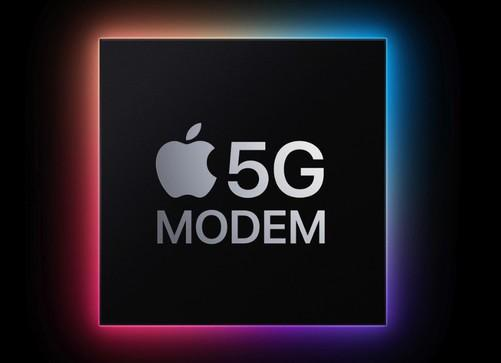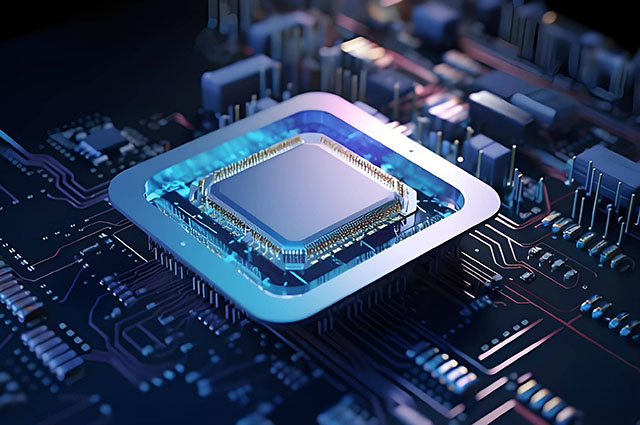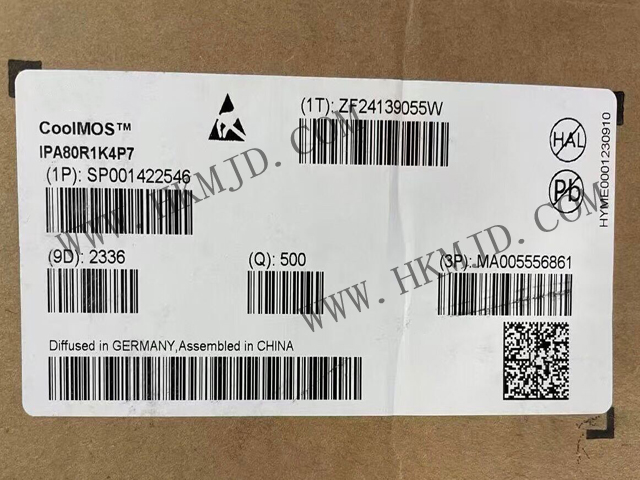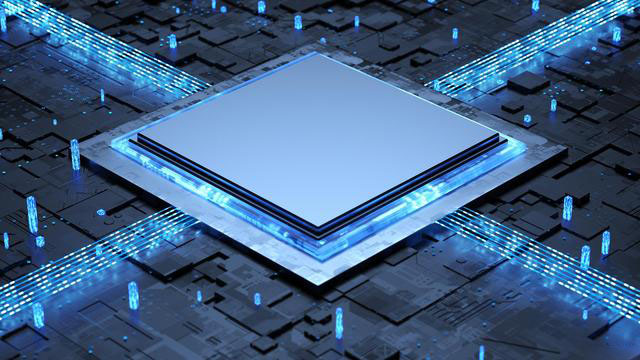Welcome Here Shenzhen Mingjiada Electronics Co., Ltd.

sales@hkmjd.com

sales@hkmjd.com

Service Telephone:86-755-83294757
 Latest Information
Latest Information Home
/Industry Information
/
Home
/Industry Information
/
iPhone 18 Pro to debut Apple's second-generation 5G baseband chip: a full replacement for Qualcomm
On December 9, it was revealed that Apple plans to debut its self-developed, second-generation 5G baseband chip in the iPhone 18 Pro series, which will be launched in 2026, for the first time. This move marks an important step for Apple in the field o…
On December 9, it was revealed that Apple plans to debut its self-developed, second-generation 5G baseband chip in the iPhone 18 Pro series, which will be launched in 2026, for the first time. This move marks an important step for Apple in the field of mobile communications technology, which will fully replace the long-reliant Qualcomm 5G baseband chip.

Apple's self-developed 5G baseband chip project has been the focus of industry attention. Since Apple announced the launch of the project, the company has invested billions of dollars to establish multiple test and engineering laboratories around the world, and spent about $1 billion to acquire a related division of Intel to accelerate the research and development process. After years of hard work, Apple has finally ushered in the substantial results of its own 5G baseband chip.
It is reported that Apple's first self-research 5G baseband chip, codenamed Sinope, will be first applied to iPhone SE 4, iPhone 17 Air and some low-end iPad devices next year. However, this baseband chip is relatively limited in performance and functionality, only supports four-carrier aggregation, does not support 5G millimeter wave technology, and download speeds are capped at about 4Gbps, which is slightly lower than Qualcomm's existing 5G baseband chip. Nevertheless, this is still an important step for Apple in the field of self-developed 5G baseband chips.
In comparison, Apple's second-generation 5G baseband chip achieves significant improvements in performance and functionality. According to Mark Gurman, this baseband chip will support 6Gbps download speeds and have 5G millimeter wave technology, which can better meet the user's needs for high-speed data transmission and low-latency communication. In addition, the second-generation 5G baseband chip will further improve energy-efficiency performance and optimize battery life to provide users with a more outstanding experience.
Apple chose to debut the second-generation 5G baseband chip on the iPhone 18 Pro series, a move that will undoubtedly further enhance the competitiveness and market influence of the series. With the popularization of 5G technology and the continuous expansion of application scenarios, users have increasingly high requirements for the performance and experience of smartphones under 5G networks. By independently developing its own 5G baseband chip, Apple can better control the technical route and performance of its products, providing users with a more customized and optimized 5G network experience.

Time:2025-08-04

Time:2025-08-04

Time:2025-08-04

Time:2025-08-04
Contact Number:86-755-83294757
Enterprise QQ:1668527835/ 2850151598/ 2850151584/ 2850151585
Business Hours:9:00-18:00
E-mail:sales@hkmjd.com
Company Address:Room1239, Guoli building, Zhenzhong Road, Futian District, Shenzhen, Guangdong
CopyRight ©2022 Copyright belongs to Mingjiada Yue ICP Bei No. 05062024-12

Official QR Code
Links: